Your eyes can be considered as one of the most important parts of your body. It would be hard for you to function without them, and you wouldn’t be able to enjoy the beauty of the world if you couldn’t see. It may be impossible to do a lot of things if you’re not able to see.
That is why it’s vital that you give your eyes the utmost care. You need to ensure that they are healthy and functioning well. If you’re not an eye expert, though, it can be difficult for you to know if it’s the right time to get checked by a professional. The good thing is, there are signs that you can watch for.
Benefits of Seeing an Eye Doctor
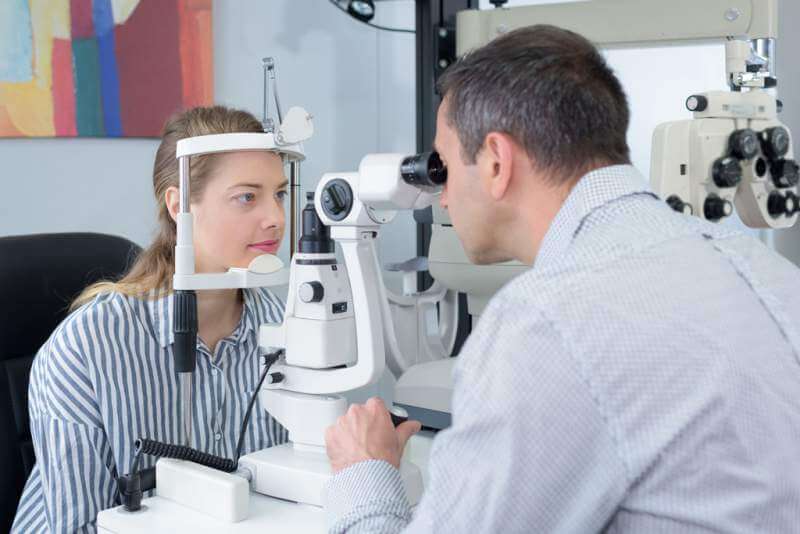
Just because your vision seems to be more than fine, it doesn’t mean that your eyes are perfectly healthy. There are times that symptoms are showing, but since you’re not an expert, you don’t know what they mean. That is why it can be beneficial that you get checked by an ophthalmologist or optometrist. Here are some of the benefits that you can reap from seeing an eye doctor:
1.You may have an eye condition that if caught early is irreversible.
 Eye doctors can efficiently treat almost all eye conditions. However, if you don’t get checked immediately and you wait too long, treatable conditions can become dangerous. These eye conditions then become diseases that can be hard or impossible to treat.
Eye doctors can efficiently treat almost all eye conditions. However, if you don’t get checked immediately and you wait too long, treatable conditions can become dangerous. These eye conditions then become diseases that can be hard or impossible to treat.
But, if you get checked by an eye doctor, any eye condition that you might have is caught early. Conditions that are caught early are usually diagnosed and treated correctly, sometimes cured.
2. Your current vision may not be as good as it could be.
 If you have never worn glasses before, it may be entirely normal for you to think that your eyes are perfectly fine. However, your eyes may not be as healthy as they may seem. Your eyes may have an underlying condition that may not show any symptoms now, but an eye doctor can prevent or ease pain that you may feel in the future.
If you have never worn glasses before, it may be entirely normal for you to think that your eyes are perfectly fine. However, your eyes may not be as healthy as they may seem. Your eyes may have an underlying condition that may not show any symptoms now, but an eye doctor can prevent or ease pain that you may feel in the future.
3. If you have any diseases, they can be detected through your eyes.
 You may not know this, but there are diseases on other parts of your body that can be detected through your eyes. High blood pressure or diabetes can show up in your eyes when they dilate, even before any symptoms show on the rest of your body.
You may not know this, but there are diseases on other parts of your body that can be detected through your eyes. High blood pressure or diabetes can show up in your eyes when they dilate, even before any symptoms show on the rest of your body.
There are neurological diseases that can show in your eyes too. Thus, if you have conditions such as optic neuritis and aneurysms, they can be diagnosed through your eyes.
4. You’d be able to prevent any risk of getting retinal detachment.
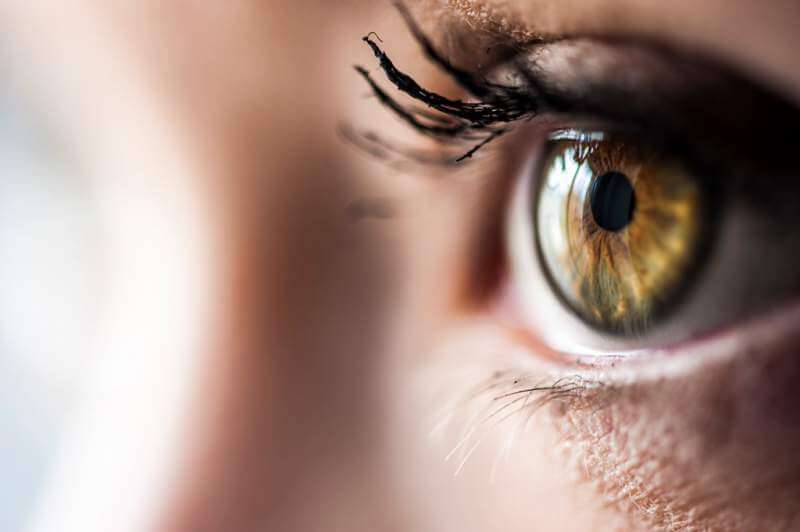 You may have gotten your eyes corrected; you may think that you no longer need to go to the doctor. What you do not know is that you’re still at risk of eye problems such as myopia. If you get your eyes fixed, like through laser eye treatment or another corrective eye surgery, your chance of getting retinal detachment is higher. However, if you get checked and diagnosed by a medical professional, any damage can be prevented.
You may have gotten your eyes corrected; you may think that you no longer need to go to the doctor. What you do not know is that you’re still at risk of eye problems such as myopia. If you get your eyes fixed, like through laser eye treatment or another corrective eye surgery, your chance of getting retinal detachment is higher. However, if you get checked and diagnosed by a medical professional, any damage can be prevented.
Signs to Watch Out For
There are a lot of signs that you can watch out for. These signs help you figure out if you need to get a healthcare professional’s opinion or not.
1. Difficulty seeing things.
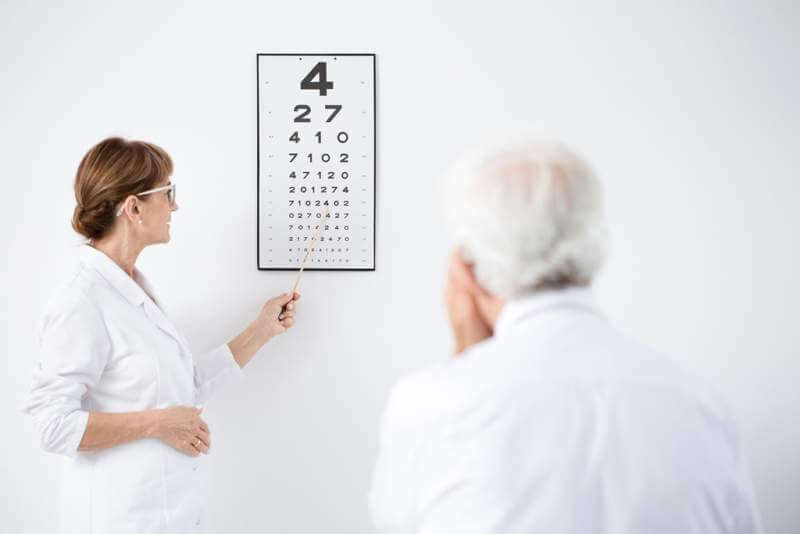 If most of the time you have perfect eyesight, but there are periods when you have a hard time seeing, you may need to go to the nearest ophthalmologist or optometrist. You may not know this, but there things that can happen that you think are normal but are actually signs that you’re having difficulties in seeing things. These signs are:
If most of the time you have perfect eyesight, but there are periods when you have a hard time seeing, you may need to go to the nearest ophthalmologist or optometrist. You may not know this, but there things that can happen that you think are normal but are actually signs that you’re having difficulties in seeing things. These signs are:
- Needing too much light just to see clearly
- Needing to climb up and down the stairs slowly
- Having a hard time when moving on bumpy surfaces
- Having to tilt your head to help you focus on an object
- Having to put papers nearer or farther to be able to read them clearly
2. Your eyes are sensitive to light.
 If you’re suddenly sensitive to light, it is a sign that you need to go to the nearest ophthalmologist or optometrist. Being sensitive to light could be a cause for concern since it can be an effect of a brain injury. There are also diseases for which sensitivity to light is a symptom. Some of these diseases are:
If you’re suddenly sensitive to light, it is a sign that you need to go to the nearest ophthalmologist or optometrist. Being sensitive to light could be a cause for concern since it can be an effect of a brain injury. There are also diseases for which sensitivity to light is a symptom. Some of these diseases are:
- Encephalitis
- Meningitis
- Subarachnoid hemorrhage
These are serious diseases which can lead to death.
3. You need to squint at things that seem to be too far.
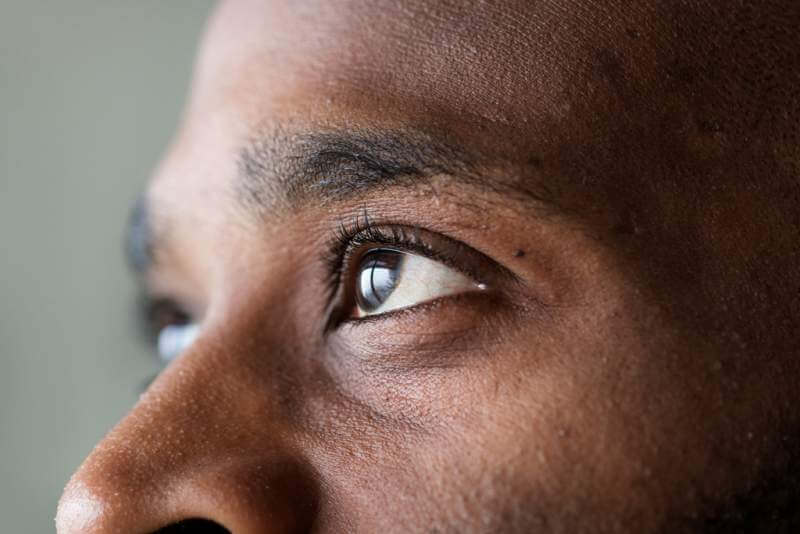 If from time to time you need to squint just to look at an object or read the paper, it can be a sign for you to contact a medical professional. In order for you to reduce the amount of light that enters your eyes, you tend to squint your eyes. However, squinting will only damage your eyes in the long run. When you squint, it can be a symptom of:
If from time to time you need to squint just to look at an object or read the paper, it can be a sign for you to contact a medical professional. In order for you to reduce the amount of light that enters your eyes, you tend to squint your eyes. However, squinting will only damage your eyes in the long run. When you squint, it can be a symptom of:
- Astigmatism
- Mini-stroke
- Diabetes
- Farsightedness
- Nearsightedness
4. You have had an eye infection.
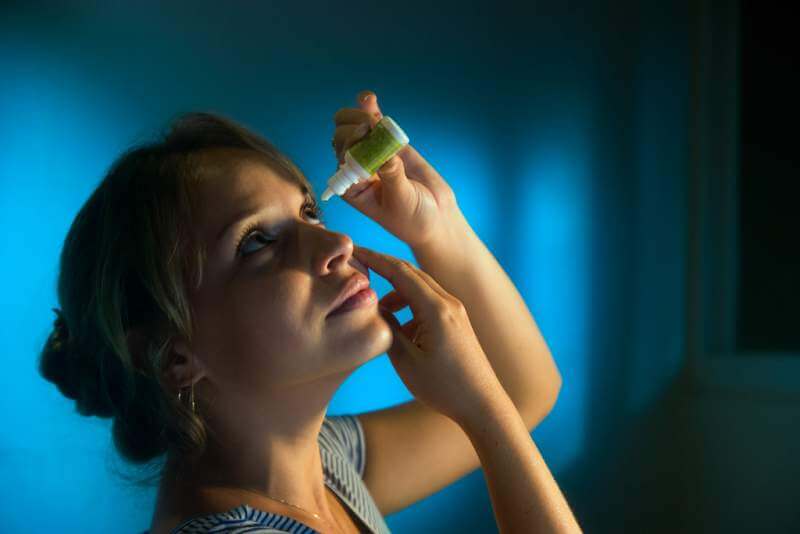 If you recently had an eye infection, even if it was not that serious, you still should get yourself checked. You may not also know that you’ve had an eye infection, but if you feel any itchiness or the white part of your eyes are pinkish, then you certainly had one. Only a medical professional can give you a definite answer. You may also have experienced:
If you recently had an eye infection, even if it was not that serious, you still should get yourself checked. You may not also know that you’ve had an eye infection, but if you feel any itchiness or the white part of your eyes are pinkish, then you certainly had one. Only a medical professional can give you a definite answer. You may also have experienced:
- Crusty lashes
- Discharge from your eyes which was greenish, yellowish, or bright in color
- Swollen eyelids
- Itchy eyes
- Discolored white parts of your eyes
5. You experience sudden blurry visions or are having problems focusing.
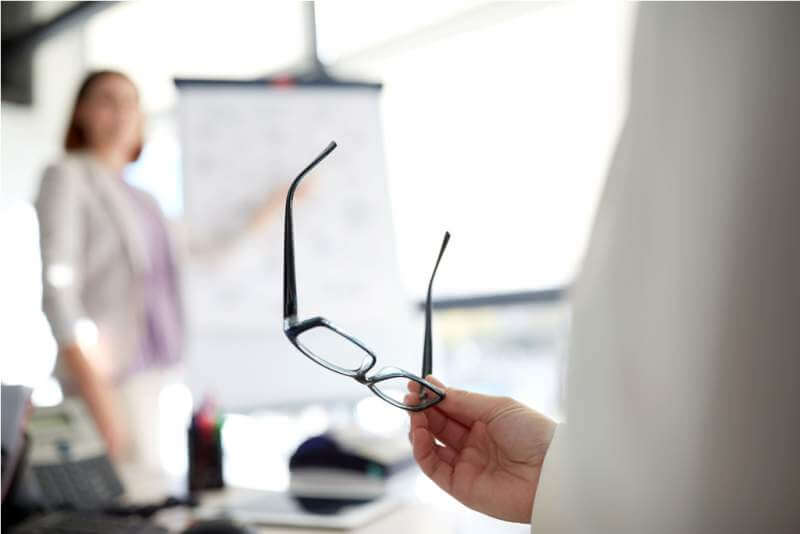 You may have a severe problem with your health if you’ve been experiencing problems making your eyes focus on objects. If your vision is blurry, it may be a symptom of serious diseases that can be prevented. You need to take time to see an eye doctor, because focusing problems and blurry visions can include:
You may have a severe problem with your health if you’ve been experiencing problems making your eyes focus on objects. If your vision is blurry, it may be a symptom of serious diseases that can be prevented. You need to take time to see an eye doctor, because focusing problems and blurry visions can include:
- Glaucoma
- Diabetic retinopathy
- Eye conditions and diseases
- Cataracts
- Age-related macular degeneration
- Cardiovascular and systemic diseases
6. You experience constant pain in your eyes, strain, or feel fatigue in them.
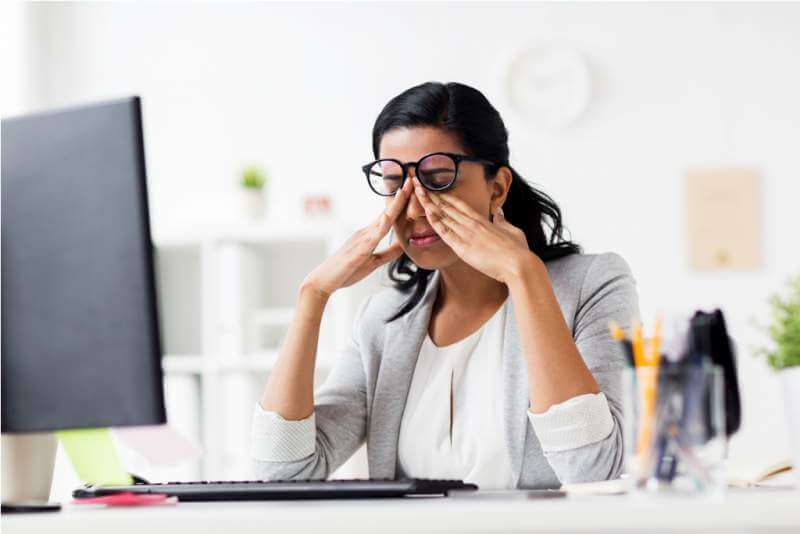 It usually is not a big issue if from time to time you feel pain in your eyes, especially if it just comes and goes. If you keep going through this and the pain that you feel lasts for a couple of days, then it should raise concern. Pain in your eyes may be a symptom of:
It usually is not a big issue if from time to time you feel pain in your eyes, especially if it just comes and goes. If you keep going through this and the pain that you feel lasts for a couple of days, then it should raise concern. Pain in your eyes may be a symptom of:
- Serious health issues
- Changes in your vision
- Infections in your eye/eyes
7. You get frequent migraines.
 Migraines are normal at times; they may happen because of working too much, dehydration, poor lighting, and other outside factors. But if you continuously experience migraines while you feel pain in your eyes, then you should be concerned. Headaches that may be a sign of an eye problem include:
Migraines are normal at times; they may happen because of working too much, dehydration, poor lighting, and other outside factors. But if you continuously experience migraines while you feel pain in your eyes, then you should be concerned. Headaches that may be a sign of an eye problem include:
- Migraines with aura
- Retinal migraines
8. You experience sudden visual disturbances such as flashes and floaters.
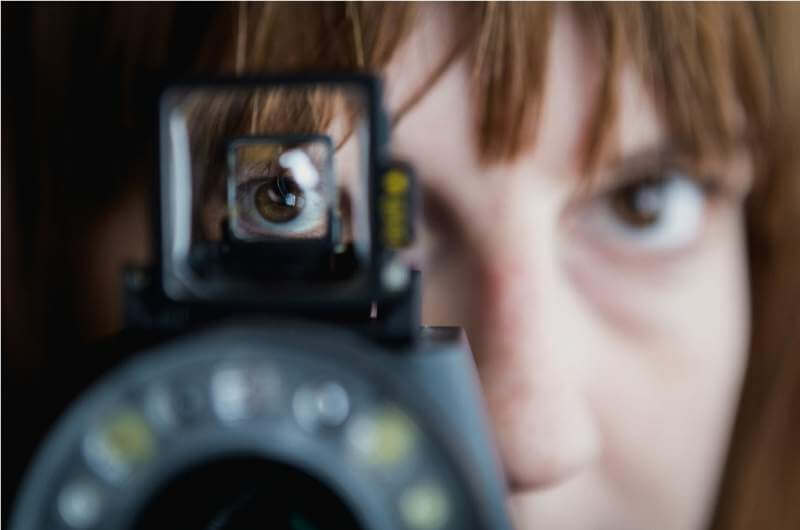 If you keep experiencing disturbances in your vision, you should immediately set an appointment with a doctor. Visual disorders can be a symptom of something worse. These visual disturbances can be in the form of:
If you keep experiencing disturbances in your vision, you should immediately set an appointment with a doctor. Visual disorders can be a symptom of something worse. These visual disturbances can be in the form of:
- Obstruction of your vision
- Flashes of light
- Floaters
If you experience any of these disturbances in your vision, might mean that you’re suffering from:
- Retinal tear
- Retinal hole
- Retinal detachment
Stay on Top of Your Health
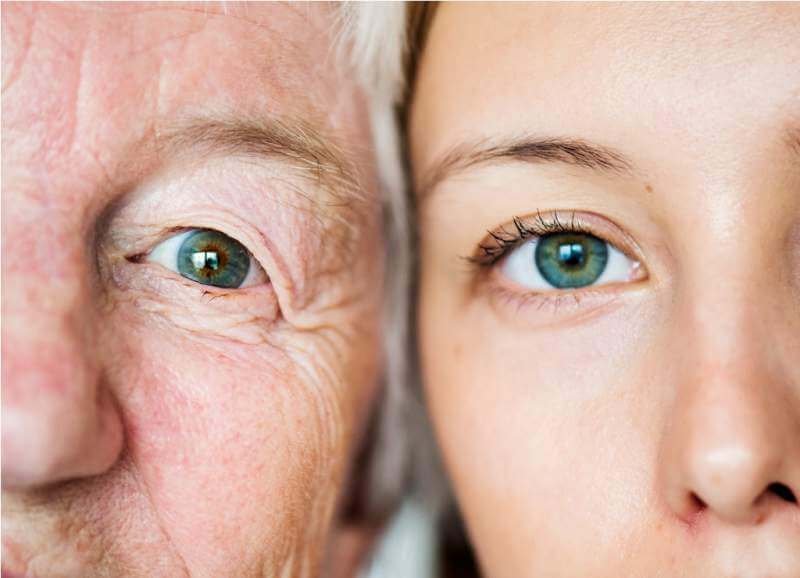 Unlike other parts of your body, most people think that eye care does not require them to get checked annually or every six months. However, what they don’t know is that our eyes are delicate and need to get looked after. The signs that we have given in the lists above may help you determine if you need to visit a healthcare professional soon. However, the best thing that you can do is to get a professional opinion like the ones at Uptown Vision Dallas Optometry.
Unlike other parts of your body, most people think that eye care does not require them to get checked annually or every six months. However, what they don’t know is that our eyes are delicate and need to get looked after. The signs that we have given in the lists above may help you determine if you need to visit a healthcare professional soon. However, the best thing that you can do is to get a professional opinion like the ones at Uptown Vision Dallas Optometry.
About Author – Claire West
Claire West is a writer contributing to Uptown Vision Dallas Optometry. As a health enthusiast, Claire loves to write pieces that are enjoyed by all. As such me makes sure her pieces are well researched and articulated. Claire loves black and white photography, and is polishing her skills with a film camera she recently bought.

 Claire West is a writer contributing to
Claire West is a writer contributing to
It’s difficult to find knowledgeable people about this subject, however, you seem like you know what you’re talking about! Thanks
Greetings! Very useful advice in this particular article! It’s the little changes which will make the biggest changes. Thanks for sharing!